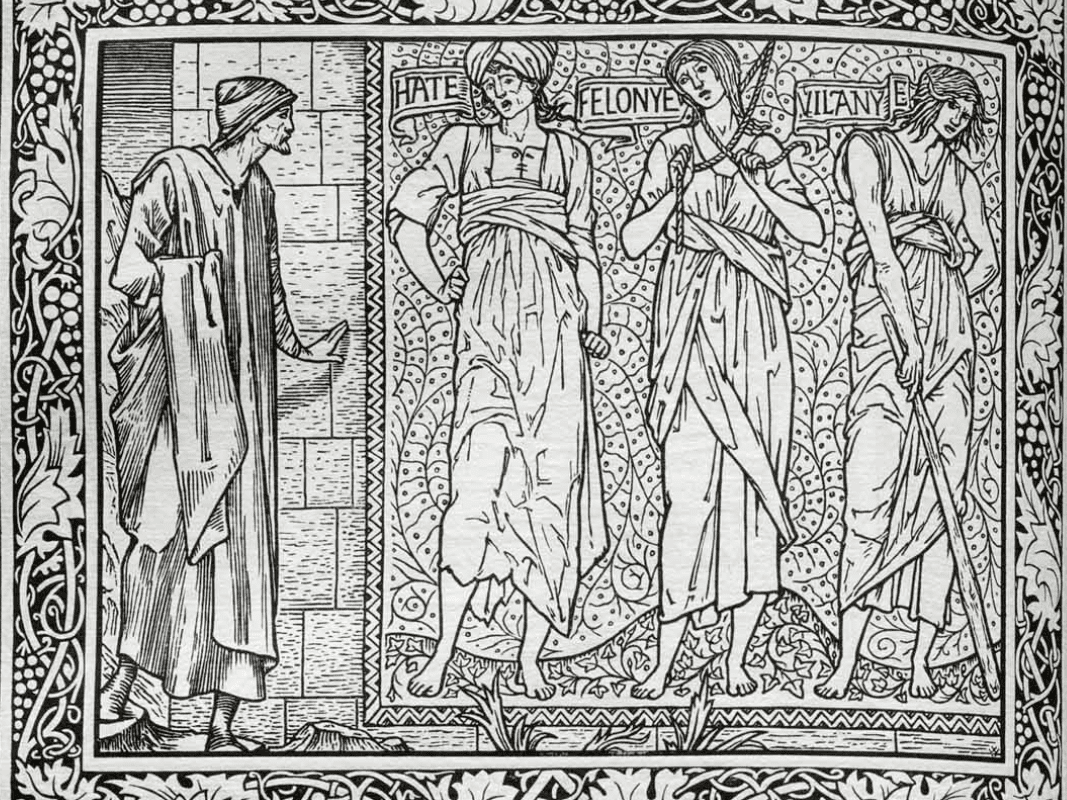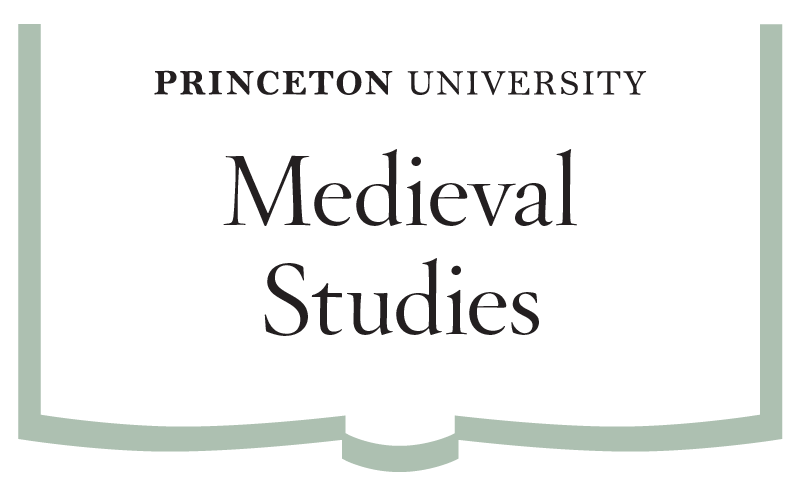
The Felon and the Villain: Middle English literature and felony procedure
Elise Wang California State University, Fullerton
November 4, 2024 · 12:00 pm—1:20 pm · 397 Julis Romo Rabinowitz
Program in Medieval Studies

Please RSVP HERE. Lunch will be provided.
The Making of Felony Procedure in Middle English Literature is about how literature made felony in late medieval England. To this day, felony is the crime of which all other crimes are lesser versions—the offense for which you forfeit a good life. But at its medieval beginnings, legal theorists wanted very little to do with it. Crown justices found crime “boring and distasteful,” and were happy to let much of felony’s prosecution fall to the local community. Mostly untrained in legal concepts, these communities turned to cultural ones, archived in sermons they heard, plays they had seen, and poetry they knew. In turn, felony and its procedure—from collecting evidence to evaluating blameworthiness—became a space for writers to work out their own concerns about guilt, social harm, and its repair. Each chapter steps through a stage of felony procedure, reading literary sources with legal records to argue that, at its beginnings, felony was a concept descended mutually from legal and literary concepts, a shared custody that has continued to the present.
Elise Wang is an assistant professor in the Department of English, Comparative Literature, and Linguistics at California State University, Fullerton (CSUF). Wang’s field is medieval law and literature, and her work investigates how “old” ideas of guilt and morality can expand our understanding of our contemporary world.
She has appeared on The Daily Show, contributed to documentaries for CBS and Netflix, delivered a TEDx talk, and has given over a dozen invited talks and keynotes. Wang is the author of The Making of Felony Procedure in Middle English Literature (Oxford University Press, 2024), which traces the medieval emergence of felony procedure and demonstrates how its beginnings still shape how we understand serious crime today.
Wang has also published articles about medieval death investigations, the ethics of witnessing violence in both the medieval and modern context, and trauma narratives. Before CSUF, she taught at Duke University and in New Jersey correctional facilities. She received her PhD from Princeton University, before which she studied at the University of Oxford as a Rhodes Scholar.
Wang is a 2024-2026 Andrew Carnegie Fellow, an award which provides philanthropic support for scholarship in the humanities and social sciences that addresses important and enduring issues confronting our society.












